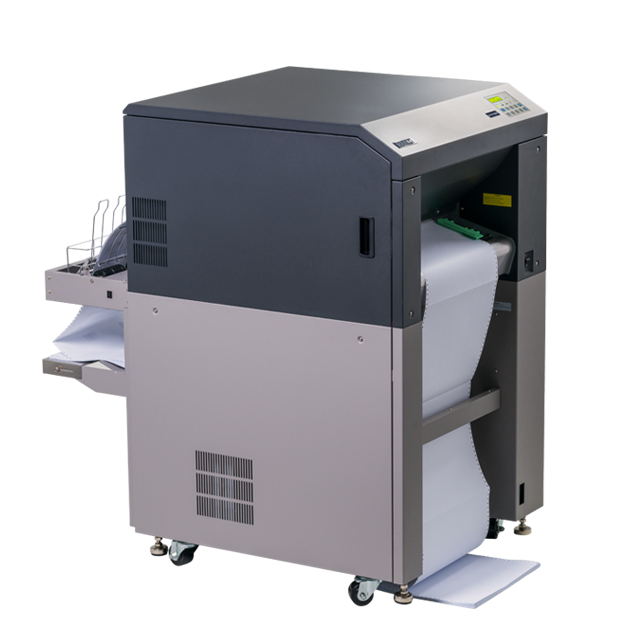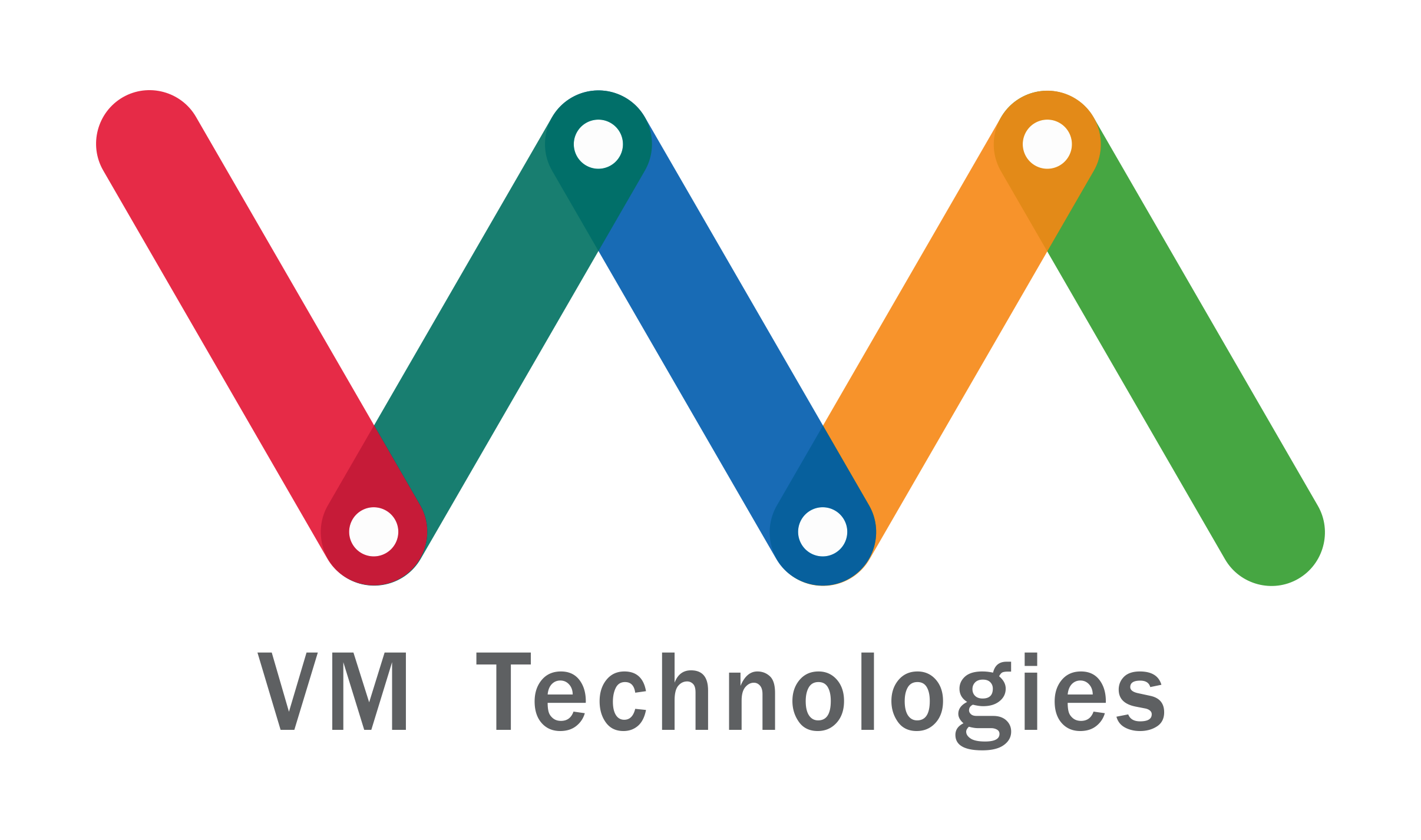What are mutual funds?
What are mutual funds? Basic concepts, features and varieties. Mutual funds (mutual funds) are a relatively "young" concept, but have already gained some popularity. We can say that this is an alternative to various deposits in the bank. And yet, what is it?A mutual fund is a contribution that unites all the investments of the participants. The rights to its management are transferred to a company that specializes in this field and enjoys a certain level of trust from the participants. In essence, mutual funds are one of the varieties of an investment portfolio.Such funds work quite simply: the depositor transfers the rights to manage his investments to the company, which in return issues shares for which the investor makes a profit.In turn, the contractor firm, which assumes all responsibilities for the disposal of depositors' property and finances, can perform operations and transactions by manipulating shares, and even transfer its rights and functions to another company. What mutual funds are there? There are not so many varieties of them, in particular, there are three types of mutual funds:- Open. The investor can freely dispose of his share.- Interval. The depositor can open a share or sell it only in a certain period of time.- Closed. Usually, such funds are created when it is necessary to finance a project, and depositors receive the right to dispose of shares only after its implementation and closure.Since not only currency, but also various property can act as a contribution, mutual funds include:- Real estate.- Cash deposits.- Shares.- Bonds.- Indexes.- Mixed investments.Separately, it is worth highlighting the moments when the funds themselves themselves act as a contribution to the mutual fund, as well as a variety of venture (with an increased level of risk) deposits.What is a share? As soon as the depositor transfers the rights to manage his funds to a trusted company, he receives a share in return. This is a paper with a certain value, confirming the right of its owner to a part of the organization's property. Unlike stocks or bonds, such a paper does not have a nominal value, and the number of shares that the depositor receives is limited to the amount that the investor has invested in the project, and is expressed as a fractional number.Investment organizations of this type can be attributed to the average level of risk. The profitability of the owner's unit depends entirely on the market value of the funds invested in the mutual fund. Buy Cenforce online https://wheretobuyinus.com/product/cenforce/ USA, UK, AU. Without prescription.

Inexpensive to purchase, inexpensive to operate: the SOLID F40 is the most economical printer in its class. As a continuous laser printer for
medium printing volumes it covers a very broad spectrum of deployment areas. The powerful Microplex Controller guarantees connection versatility,
easy system integration and high printing performance. Cold fusing via Xenon flash lamps also enables thermally sensitive materials
such as plastic or PVC to be used. And fusing is also trouble-free even on thick materials.
-
Most economical cold fusing printer on the market
-
Prints on paper, PVC, plastic, etc.
-
USB, Ethernet (10/100 Mbit) as standard
-
Laser and matrix printer compatible
-
SAP with the standard PCL5e emulation
-
Perfect control via Status Out
-
Optional IPDS emulation making it the printer of choice for IBM solutions


